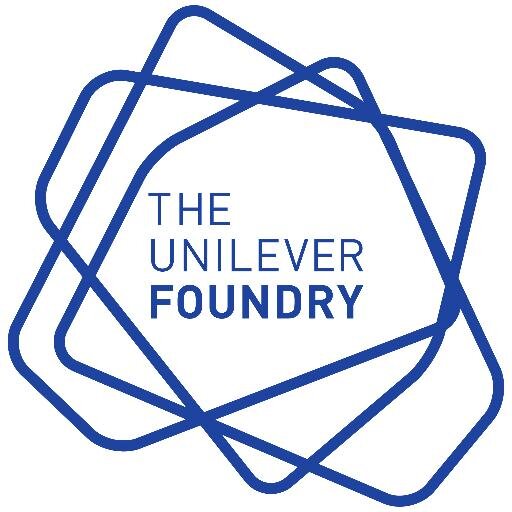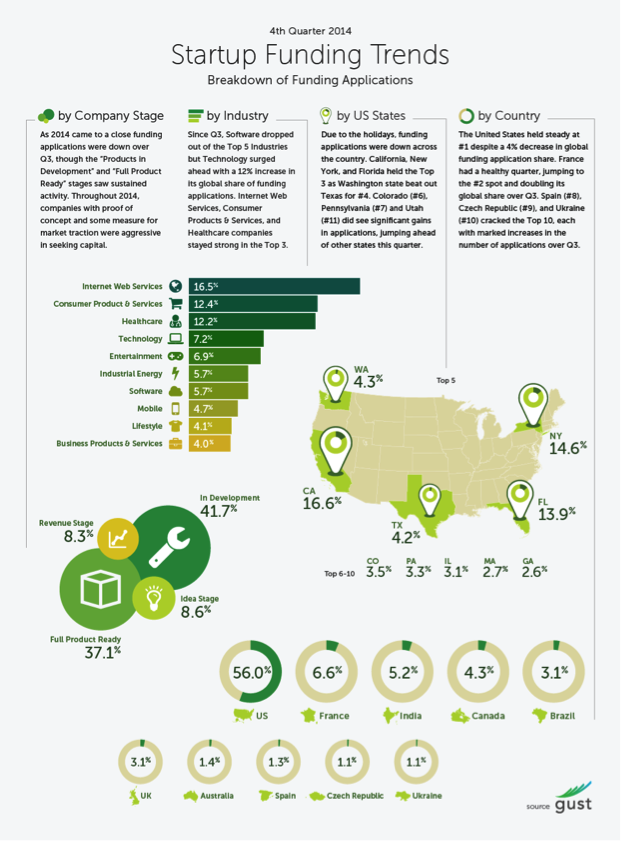 By BENOIT VIALLE, NAKEDWINES.COM COO
By BENOIT VIALLE, NAKEDWINES.COM COO
The concept of crowdfunding isn’t new, but technology has given it a fresh spin with multiple platforms springing up to fund everything from school band trips to startups. Project-based startup platforms like Kickstarter and Indiegogo have gained widespread use as a way to raise funds for specific business ventures and product development initiatives.
But the project-based platforms aren’t the only game in town anymore. That business model is useful, but it does have some weaknesses as a startup funding tool. For example, sometimes projects don’t finish. In other scenarios, customers just back one project and move onto the next thing, never establishing a real stake in the companies they back.
Another challenge with that model is that on project-based platforms, most of the attention goes to the big, flashy projects. There are great, sensible initiatives that languish in the shadows, never attracting the attention—and funding—they deserve. But the crowdfunding concept is proving resilient, with new forms of crowdfunding emerging to tackle the problems the project-based platforms don’t address head-on.
One example is Tilt, a platform that makes it easy for groups to raise funds online for everyday purposes. It’s a great option for communities and smaller groups that need to raise money. Slow Money also takes a new approach to an old problem: The platform powers crowdfunding for sustainable food enterprises and organic farms, providing a flow of capital toward businesses that aren’t necessarily ‘revolutionary,’ but are essential to long-term survival.
Other companies are reinventing the crowdfunding space entirely. For example, companies like NakedWines.com and Betabrand appeal directly to customers who are passionate about a certain product category—fine wines and fashion, respectively—and provide a platform for customers to invest directly in independent ventures.
In this crowdfunding model, the investment platform handles important operational and technical details, ensuring that all indie winemaker and fashionista projects are completed successfully and that investor-customers receive the products they funded. To make this approach work, it’s important to build a solid investment platform operation with deep industry expertise, marketing savvy, and customer focus.
When it works well, as in the NakedWines.com example, it can transform an industry and link consumers with artisans and craftspeople in a brand new way. Today’s generation of investors is more hands-on, thanks in part to the ethos that has grown up around crowdfunding in recent years. They like to get an insider view of product development, share their discoveries with peers and communicate directly with the people who are bringing them great products.
Another transformative variation on the crowdsourcing theme can be found in peer-to-peer lending platforms like Lending Club and Prosper, which are growing exponentially. These platforms encourage users to diversify their investments as much as possible, providing the option to support a small part of hundreds or even thousands of ventures instead of going all-in on one or two projects. In this way, more loan recipients get funded, and lenders avoid placing all their eggs in a single basket.
While crowdfunding isn’t a new concept, the technology that enables companies to get the word out quickly and the platforms that make it easy for investors to get in on the ground floor have certainly given the fundraising model a boost. Today, the online crowdfunding business model moves billions of dollars through the economy.
Startups and investors alike can count on continued growth since crowdfunding is evolving as quickly as it is expanding. With the right model and platform in place, crowdfunding can have a wonderfully democratizing effect, removing the inefficiencies of the old school, capital-intensive marketplace, and more closely connecting consumers with the makers of the products they love.












